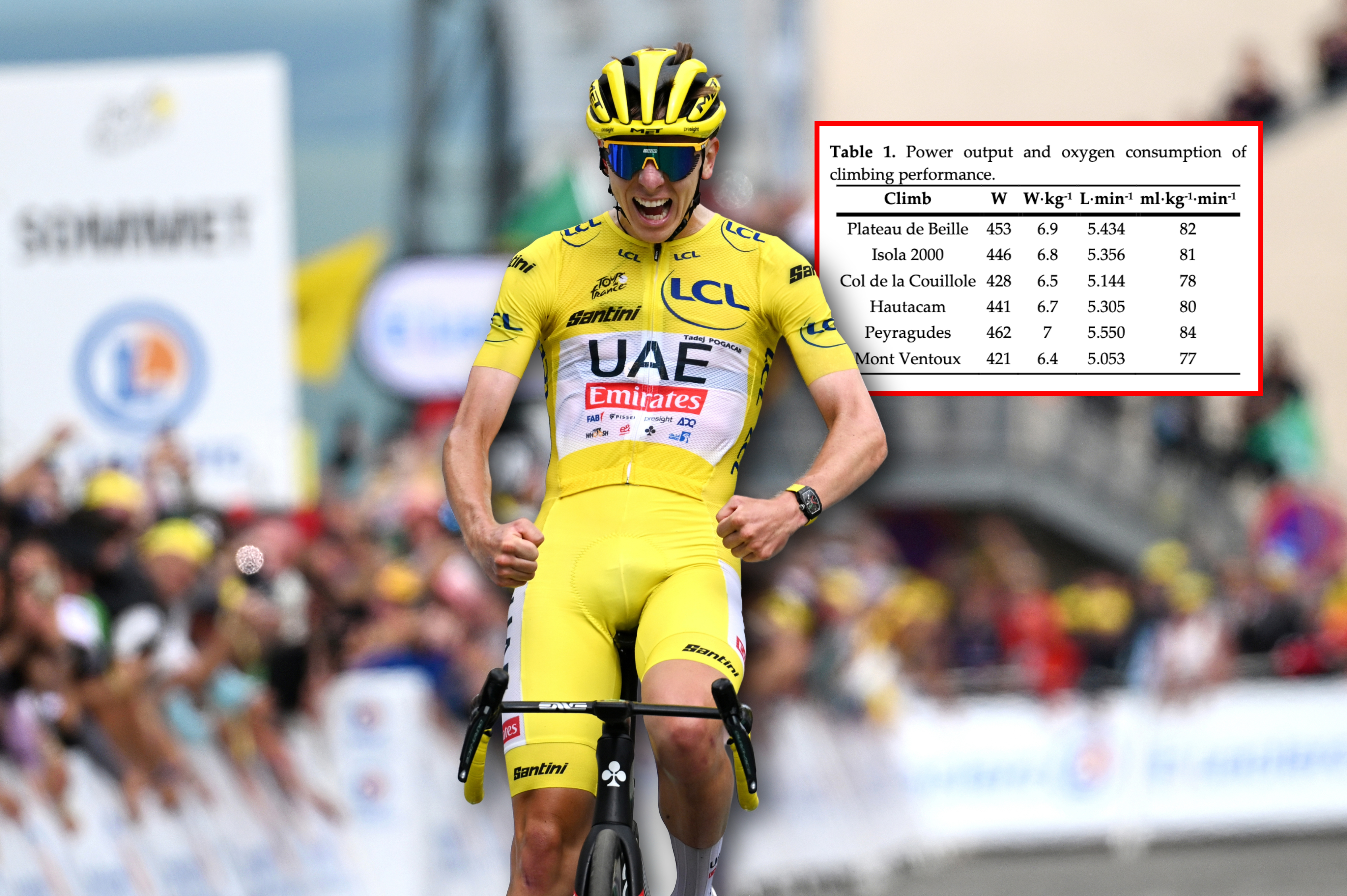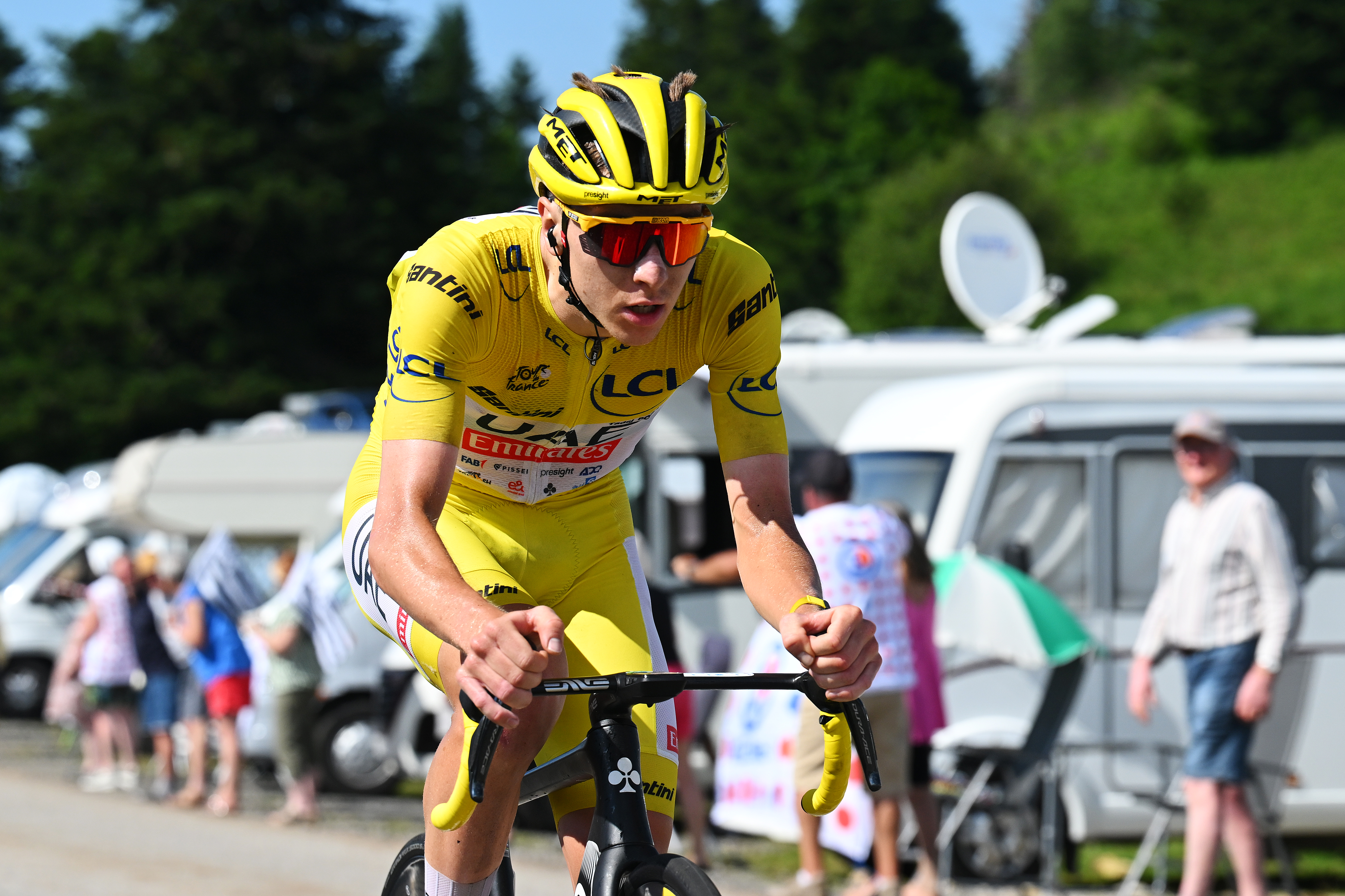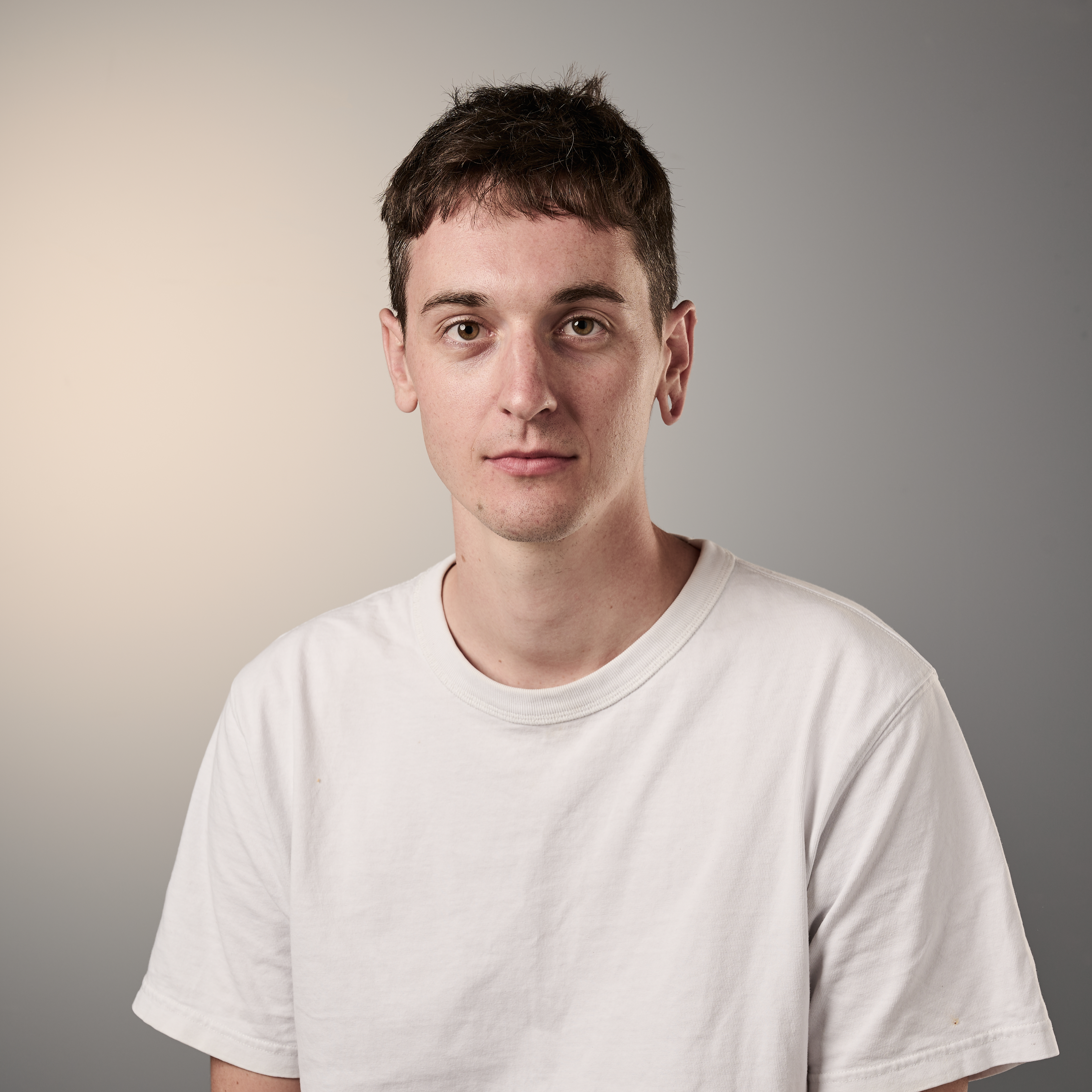Tadej Pogačar might have the highest VO2 max of any Tour de France winner in history, new study reveals
The world champion is pushing the limits of physiological performance


The latest race content, interviews, features, reviews and expert buying guides, direct to your inbox!
You are now subscribed
Your newsletter sign-up was successful
Tadej Pogačar’s VO2 max could be as high as 96ml/kg/min, a new study has found, making him the most physiologically impressive Tour de France winner in history.
VO2 max, also known as maximal oxygen uptake, is the measurement of a person’s maximum rate of oxygen consumption during intense exercise. Recorded in ml/kg/min, male pros tend to have a value in the mid-70s to the high-80s, with only the very best exceeding 90; five-time Tour winner Miguel Induráin, for example, was believed to have a VO2 max of 88, similar to Chris Froome, a four-time champion. Three-time winner Greg Lemond has said his VO2 max was around 93.
Now, an analysis by Norwegian researcher Ole Kristian Berg, published in the Journal of Science & Cycling last week, has estimated Pogačar's as even higher.
Berg assessed the Slovenian’s climbing performances on six mountain stage wins across the 2024 and 2025 Tours de France: the Plateau de Beille, Isola 2000 and Col de la Couillole in 2024, and Hautacam, Peyragudes, and Mont Ventoux in 2025.
He calculated Pogačar’s power output by using publicly available data – such as his stated body measurements (176cm height, 66kg weight), estimated bike weight (7.2kg), and climbing times – and worked out estimates for critical power, the highest power a rider can hold over around 40 minutes. Berg then went on the established assumption that critical power happens at around 85-90% of VO2 max to calculate this value.
Across the six climbs, Pogačar was found to have climbed consistently at between 6.4-7w/kg, with an average power output of 442 watts. His most impressive numbers came on the time trial up Peyragudes, stage 13 in 2025, which he is estimated to have ridden at 7w/kg (462 watts).

Pogačar's solo victory on the Plateau de Beille was his third of six stage wins at the race in 2024.
Berg found similar values for Pogačar’s win on the Plateau de Beille, stage 15 in 2024, where he beat Jonas Vingegaard by more than a minute to the top of the climb, having already tackled four category-one ascents.
The latest race content, interviews, features, reviews and expert buying guides, direct to your inbox!
“The values obtained for Plateau de Beille in 2024 would indicate that the VO2 max during this race was in the range of 91–96ml/kg/min for this rider,” Berg wrote in his paper, “likely in the higher end of the spectrum given that the preceding part of the stage and previous race days may have lowered his CP [critical power] slightly compared to optimal conditions.”
These numbers are likely to be even higher if tested in a laboratory, without the fatigue that comes with a three-week Grand Tour, and the easing off and accelerating of race tempo.
There are some drawbacks to Berg’s analysis; the researcher did not consider the impact of wind or drafting on Pogačar’s performances. However, he concluded that it is “reasonable” to believe a VO2 max in the mid-90s is correct, given Pogačar's consistency, and the fact one of the performances analysed was a time trial, where drafting was not possible.
“Both the power output and the oxygen consumption produced to display these feats of athletic performance are impressive,” Berg concluded.
The highest VO2 max ever recorded is thought to belong to former junior time trial world champion Oskar Svendsen, who returned a value of 97.5ml/kg/min during a test as an 18-year-old in 2012. He walked away from cycling two years later, citing a lack of motivation.
Two-time Tour winner Vingegaard’s father told Cycling Weekly in 2023 that his son’s VO2 max was recorded at 97 when he was 17, a reading so high the tester initially thought the machine was broken. No evidence was provided to support this value.
A VO2 max considered to be 'good' for a 40-year-old non-professional athlete is estimated to be around 41 for men and 35 for women.
Looking ahead to the future, Berg ended his paper: “Let's hope to see more feats pushing the limits of human physiological performance in the 2026 Tour de France.”

Tom joined Cycling Weekly as a news and features writer in the summer of 2022, having previously contributed as a freelancer. He is fluent in French and Spanish, and holds a master's degree in International Journalism. Since 2020, he has been the host of The TT Podcast, offering race analysis and rider interviews.
An enthusiastic cyclist himself, Tom likes it most when the road goes uphill, and actively seeks out double-figure gradients on his rides. His best result is 28th in a hill-climb competition, albeit out of 40 entrants.
You must confirm your public display name before commenting
Please logout and then login again, you will then be prompted to enter your display name.